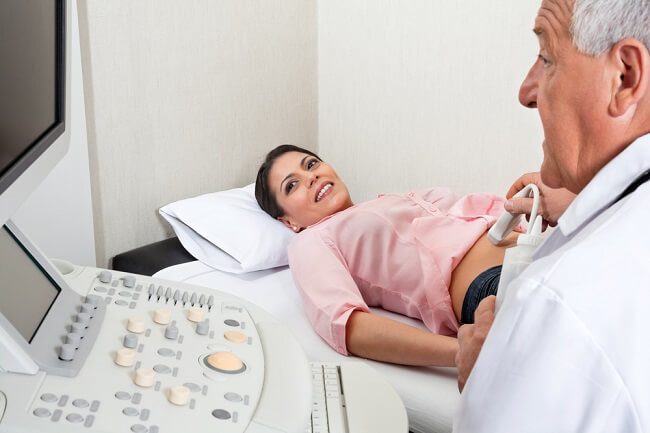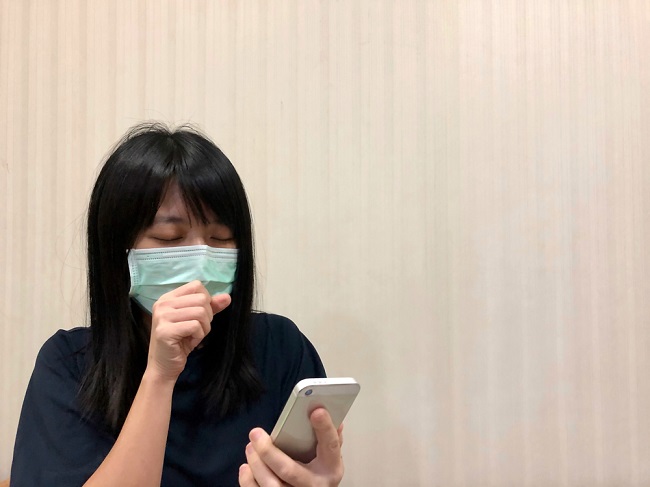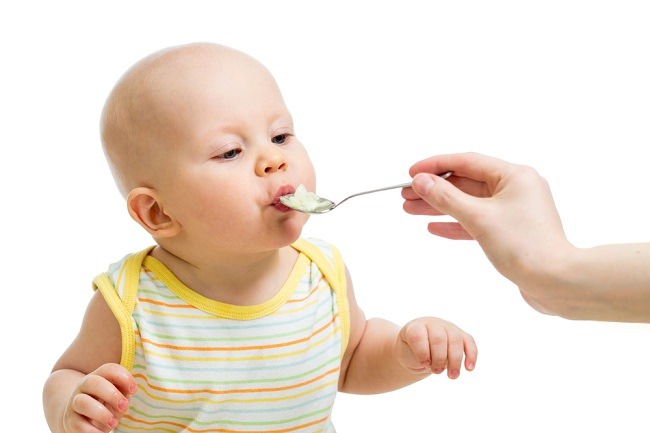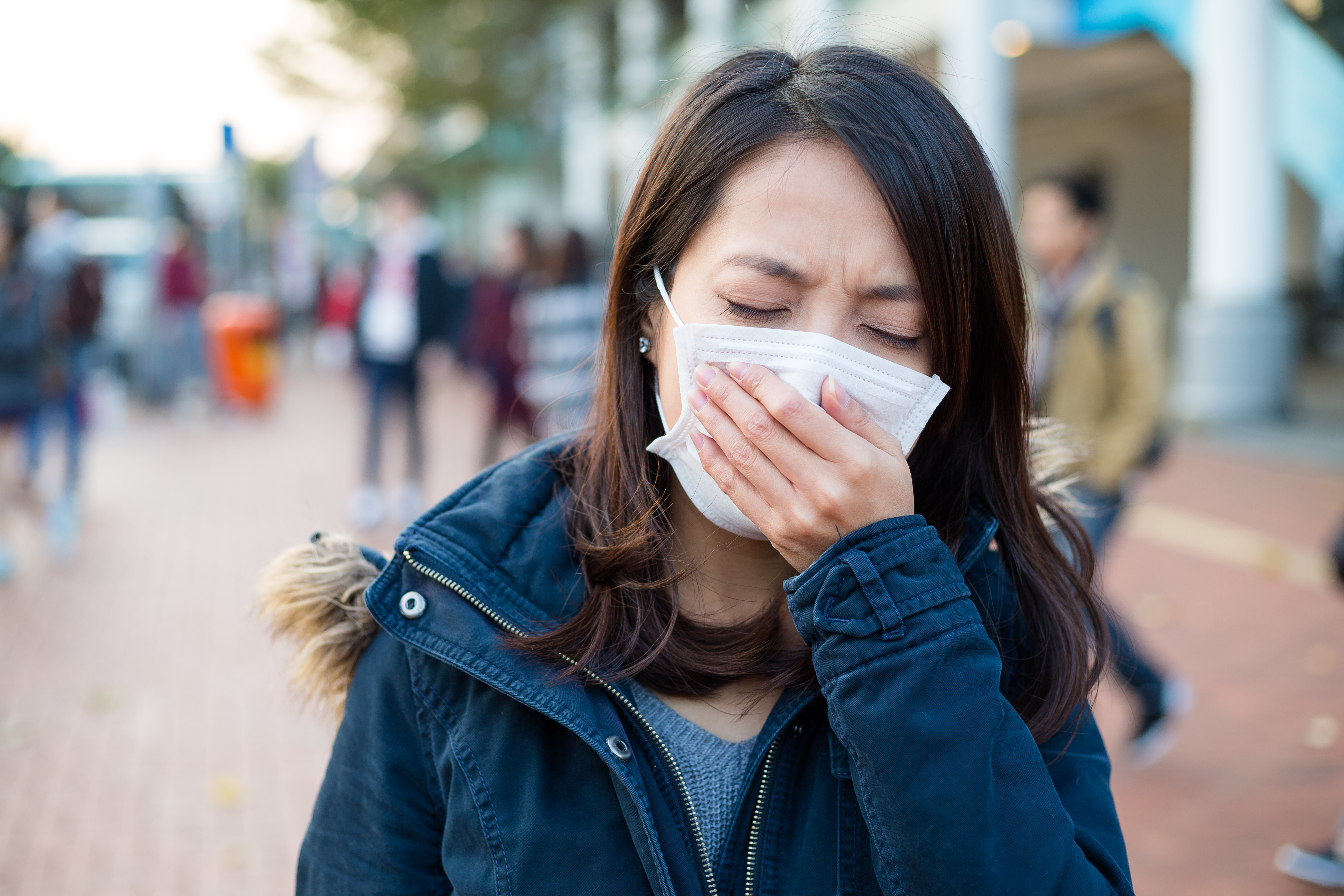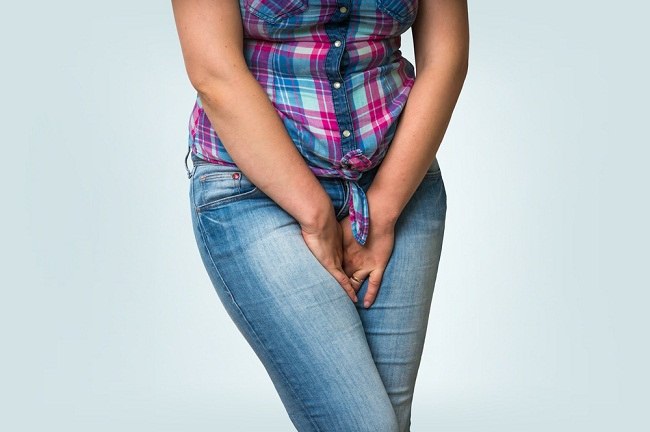Fasting is more widely known as part of worship. However, there is also fasting that needs to be done before taking certain types of health tests. Come on, find out the reason behind fasting before medical test.
Fasting before the medical test is necessary for the test results to be accurate. The reason is, if you don't fast, the content of protein, vitamins, fat, carbohydrates, and minerals in food and drinks can make test results less accurate or less clear to read.

For example, blood sugar tests are generally done to see the body's ability to absorb sugar. If before the blood sugar test you eat or drink, the test results can certainly show higher sugar levels and do not describe your actual body condition.
Health Tests Requiring Prior Fasting
If you want to do a medical test, first check whether the test requires fasting beforehand or not. Here is a list that you can use as a reference:
1. Blood test
Not all blood tests require prior fasting. Blood tests that require you to fast beforehand are usually tests to check for:
- Blood sugar level: fasting for 8 hours
- Triglycerides: fast for 10–12 hours
- Liver function: fasting for 8-12 hours
- Cholesterol: fasting for 9–12 hours
- Low-density lipoprotein (LDL): fasting for 12 hours
If asked to fast before a blood test, you are not allowed to eat or drink anything, except water.
2. Gastroscopy
Gastroscopy is a procedure performed to examine the condition of the upper digestive tract. Before doing a gastroscopy, you generally need to fast for 6 hours.
During the fasting period, you are not allowed to eat or drink anything, including water. This is intended to make it easier for doctors to see the contents of the stomach, and to reduce the risk of you choking or vomiting if gastric contents enter the respiratory tract.
3. Colonoscopy
Colonoscopy is an examination performed to detect changes or abnormalities in the large intestine and rectum. The day before undergoing a colonoscopy, you will be asked to fast on solid foods. So, you are only allowed to eat liquid and soft foods, such as broth, jelly, or plain water.
In the evening, the doctor will give you a laxative to empty the colon. Two hours before the colonoscopy procedure, you are usually asked to fast completely. This is useful for reducing the risk of choking or vomiting after the procedure.
4. Anesthesia
Anesthesia (anesthesia procedure) is not actually a medical test. However, there are some medical tests that are performed under anesthesia, such as biopsies and endoscopy.
Usually, before carrying out a medical test that requires total anesthesia, you are required not to eat or drink other than water for 6 hours. A few hours before the procedure, you are usually not allowed to drink water.
Things to Pay Attention to Regarding Fasting Before a Health Test
Each procedure has different fasting conditions. Therefore, ask your doctor about what you can and cannot eat or drink when you are asked to fast.
If you are taking certain medications, consult your doctor as well whether you need to stop or continue taking these drugs.
You also need to drink enough water for at least 2 days before the medical test, especially if you are fasting which does not allow drinking water. This is important enough to make it easier for medical staff to find your vein during the procedure.
Some groups of people require special attention when undergoing fasting. Children who must fast should be accompanied and distracted if they feel hungry. This is important because if the child steals the opportunity to eat, the fast must be repeated from the beginning.
Meanwhile, for pregnant women who have to fast, it is recommended to drink more mineral water and reduce activity before the test to prevent dehydration and fatigue. Pregnant women also need to report to the doctor if they feel pain, such as heartburn, while fasting before the medical test.
Fasting before a medical test can certainly make you hungry. However, this is necessary to obtain accurate test results. Don't worry, after the test is over, you can immediately eat and drink as usual. how come.
If during the fasting period you forget or accidentally eat, you should immediately contact your doctor or the laboratory where you did the medical test. This is to determine whether the test can still be carried out as scheduled or needs to be postponed.
